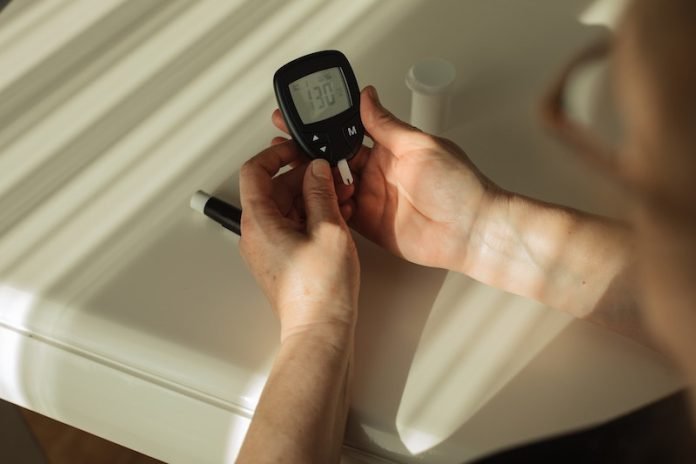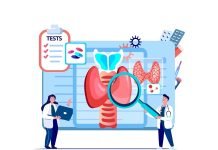
In a recent study published in the Journal of the American Medical Association, once-weekly icodec insulin was found to be superior to daily insulin degludec for reducing hemoglobin A1c (HbA1c) levels in patients with insulin-naive type 2 diabetes.
The research was conducted by Dr. Ildiko Lingvay and her team from the University of Texas Southwestern Medical Center.
The phase 3a clinical trial involved 588 patients with insulin-naive type 2 diabetes across 11 countries. Participants were randomly assigned to receive either once-weekly icodec or once-daily insulin degludec for 26 weeks.
The study revealed that the mean HbA1c levels reduced from 8.6% to 7.0% in the icodec group and from 8.5% to 7.2% in the degludec group.
The data confirmed that icodec is noninferior and actually superior to degludec in lowering HbA1c. There were no significant differences in fasting plasma glucose, insulin dose, or body weight changes between the two groups.
However, the study found that the rate of level 2 or 3 hypoglycemia (low blood sugar) was numerically higher in the icodec group, particularly from week 0 to 26.
Implications
The findings indicate that the convenience of once-weekly icodec could make it a strong contender for patients managing type 2 diabetes. However, the increased risk of hypoglycemia is an important factor to consider.
The authors suggest that the small added glycemic benefit and convenience of once-weekly administration should be weighed against the small absolute risk of hypoglycemia when considering treatment with icodec.
It’s worth noting that several authors of the study have disclosed ties to pharmaceutical companies, including Novo Nordisk, which manufactures icodec and funded the study.
Conclusion
The study opens up new possibilities for insulin management in type 2 diabetes, particularly for those who are insulin-naive.
As with any new treatment, the potential benefits must be considered alongside the risks, and patients should consult with their healthcare providers to determine the best course of action for their individual needs.
If you care about diabetes, please read studies about a cure for type 2 diabetes, and these vegetables could protect against kidney damage in diabetes.
For more information about diabetes, please see recent studies about bone drug that could lower risk of type 2 diabetes, and results showing eating more eggs linked to higher risk of type 2 diabetes.
The study was published in JAMA.
Follow us on Twitter for more articles about this topic.
Copyright © 2023 Knowridge Science Report. All rights reserved.




